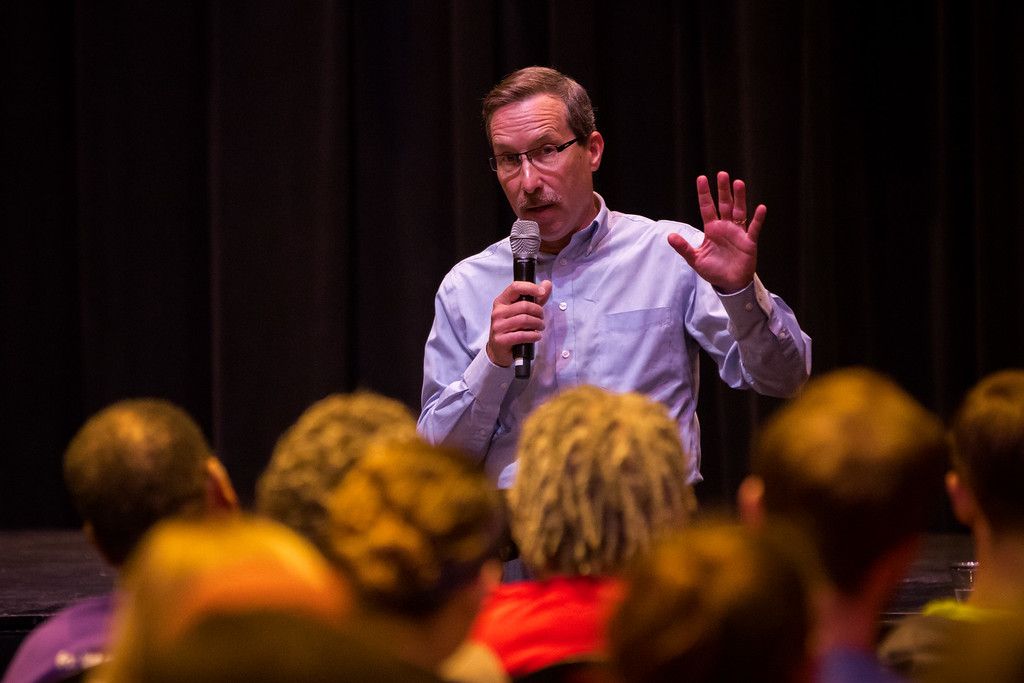by Bruce T. Gourley
Published January 2011
(Baptist Studies Bulletin Archives Index)

This year marks the 150th anniversary of the American Civil War, a bloody conflict over black slavery that yet defines the American South. One cannot analyze the South, many historians argue, without talking about race – and one cannot talk about racism in the South apart from the narrative of slavery, Civil War, Jim Crow laws, and the ensuing struggle for civil rights.
Stamped forever into the American conscious and national identity, the Civil War also re-configured Baptists in America. The broad contours of Baptists and the Civil War were reflected in white Baptists of the South losing the religious and cultural battle over slavery. The God-ordained will for the races – white supremacy and black slavery – as fervently preached and defended by many white Baptists of the South was, to their great dismay, defeated by the opposing view of biblically progressive, racial equality advocated by many white Christians in the North.
By May 1865, the white southern religious landscape lay in tatters. Heresy had won and liberalism triumphed, in the eyes of white Baptists in the South. The South’s Bible had been ripped apart. White southern theology was mangled beyond recognition.
As northern Christians white and black celebrated the triumph of a God of love and justice – and by the thousands relocated southward for the purpose of helping freedmen establish churches, schools and other institutions – white Christians in the South, faced with what had once been unimaginable, dusted off the mantle of white supremacy and trudged forward. The moral battle had been won, they assured themselves: right they had been in defending the just cause of slavery, but God in his providence saw fit to punish the South for other reasons.
Within a few years after the end of the war, a new, defiant historical narrative began taking shape in the collective mind of the white South. Slavery disappeared as the cause of the war. States’ rights emerged as the primary reason for the terrible conflict. And in religious circles, biblical literalists turned their attention from defending slavery to criticizing textual criticism and science.
Black Christians, meanwhile, increasingly assumed command of their own destinies, or at least to the extent that a culture yet built upon white supremacy would allow. In the pre-war South, black Baptist slaves had often worshipped in the same congregations as their white masters. By the end of 1867, integrated congregations were few, a situation that remains to this day in the South.
This year marks the 150th anniversary of the war that is always lurking within – and often near the forefront of – the collective consciousness of our nation. For African Americans, the Civil War stands as an important high water mark in a long, agonizing story of redemption and liberation that was not fully resolved until the late 20th century.
For white southerners, however, the Civil War as often remembered is far different than the reality of that era. The secession celebrations that we are now witnessing across the Deep South represent the conflict in a far different way than did the white slaveholders who led southern states to secede from the United States and form a confederation of “slaveholding states.” Gone are the declarations of the preservation of black slavery as the cause of the war, replaced with glorious but vague ideals of “states rights.” Many white citizens of the South, in short, are celebrating the self-righteous myth the region constructed in the aftermath of wartime defeat to symbolically redeem itself of sin.
Historical reality is, at times, disturbing. Baptists North and South of the Civil War era were clear in their own words and pronouncements: the Civil War was about black slavery, the “peculiar institution” that by that time underpinned the economy, culture and society of the South – and which many if not most white Baptists of the South were certain was the will of God.
Misguided religious convictions of the past raise uncomfortable questions today. Who are the proper formulators and guardians of the will of God? As Baptists, what have we learned from the dark hours of our past? What have we yet to learn, and put into action?
Beginning this month, the voices of Civil War era Baptists return in a digital project, “Baptists and the American Civil War: In Their Own Words” (www.civilwarbaptists.com). The project is a day-by-day journal of the Baptist experience, North and South, during the Civil War era. The voices of the past brought back to life in this project offer insight into religious and national struggles of our own day, including racism, politics, theology, and Christian nationalism. The daily entries are suitable for personal consumption, and are also useful for teaching aids in university and small group settings.
I encourage you to listen to and learn from these voices.
